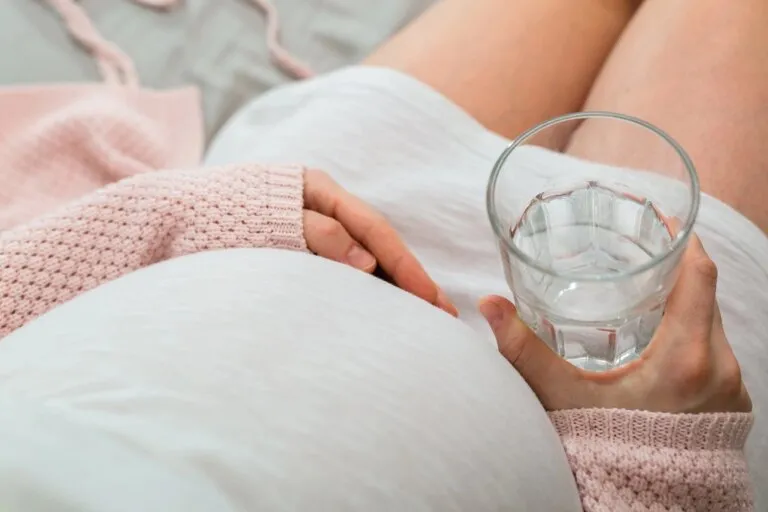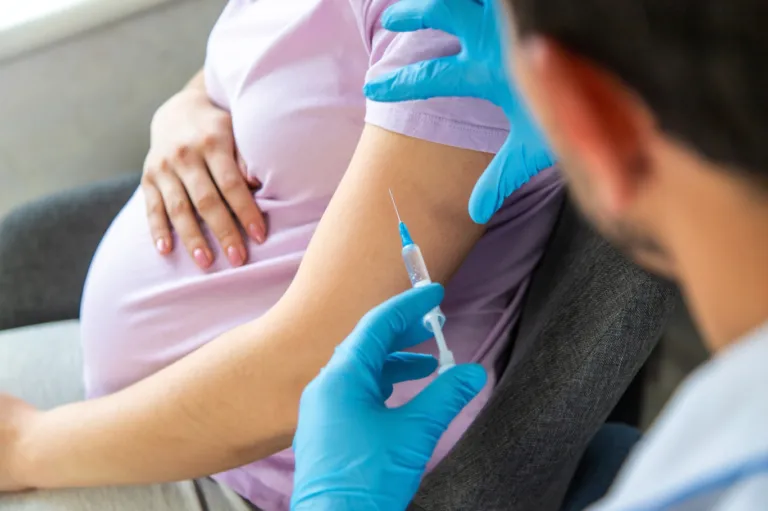Some women have immunoglobulins administered during pregnancy. Sometimes this is also necessary before delivery. This procedure serves to prevent a serological conflict. Find out when immunoglobulin is administered during pregnancy.
When is immunoglobulin administered during pregnancy?
Anti-D immunoglobulin is administered compulsorily between the 28th and 30th week of pregnancy to Rh(-)-negative patients in whom no anti-D antibodies are detected. This prevents the expectant mother from developing anti-D antibodies if she is Rh D(-)-negative and the child is Rh-positive. In addition, anti-D immunoglobulin is administered to patients with the Rh (-) blood group in the event of genital bleeding during pregnancy. Immunoglobulin within 72 hours should also be administered to women after miscarriages, especially those after 12 weeks. It has been proven that every expectant mother should receive anti-D immunoglobulin after an invasive procedure or an external change, for example if she is Rh D negative.
It is important to remember that immunoglobulins should be administered in every pregnancy when indicated. The administration of immunoglobulin during pregnancy does not exempt from postpartum prophylaxis.
How is the dose of immunoglobulin adjusted during pregnancy?
The anti-D immunoglobulin is administered by intramuscular injection. Every expectant mother with a Rh-negative blood group and no antibodies routinely receives immunoglobulin at a dose of 300 ug between the 28th and 30th week. For invasive procedures, e.g. amniocentesis, the dose is 50 ug up to week 20 and 150 ug in the following weeks.
Immunoglobulin after birth
Postpartum immunoglobulin is administered to patients who are Rh-negative and whose baby is Rh-positive. The doctor orders the qualification for postpartum immunoglobulin, and depending on the newborn’s blood group, the patient may or may not receive an injection. In the case of a natural birth, 150 ug of immunoglobulin is administered, while 300 ug is given after a caesarean section or in the case of multiple pregnancies. It is important that the woman receives the immunoglobulin within 72 hours. If this is not the case, the injection may be administered for a maximum of 10 days.











